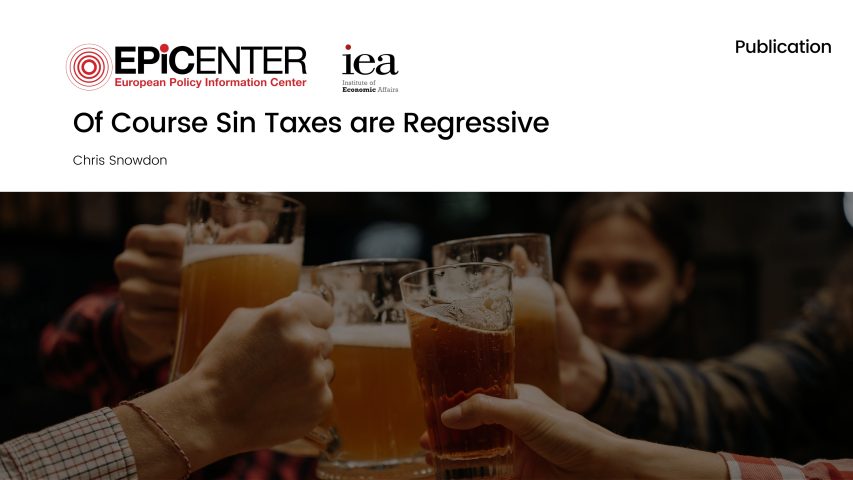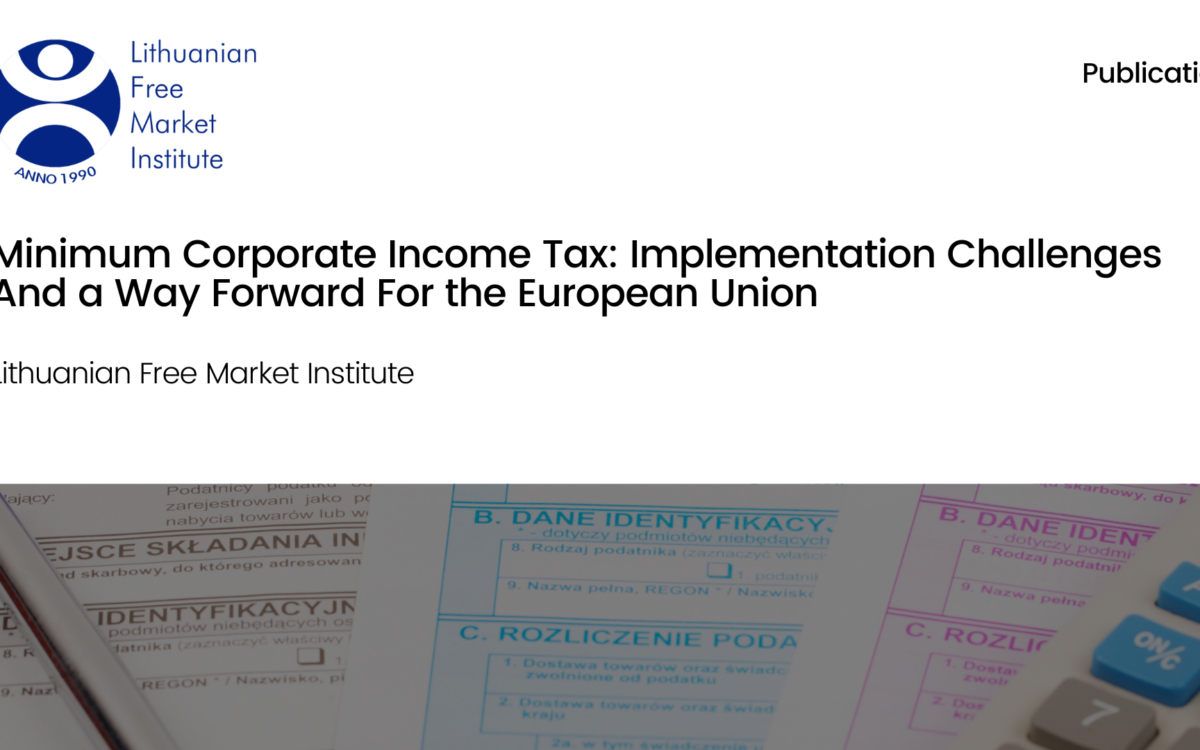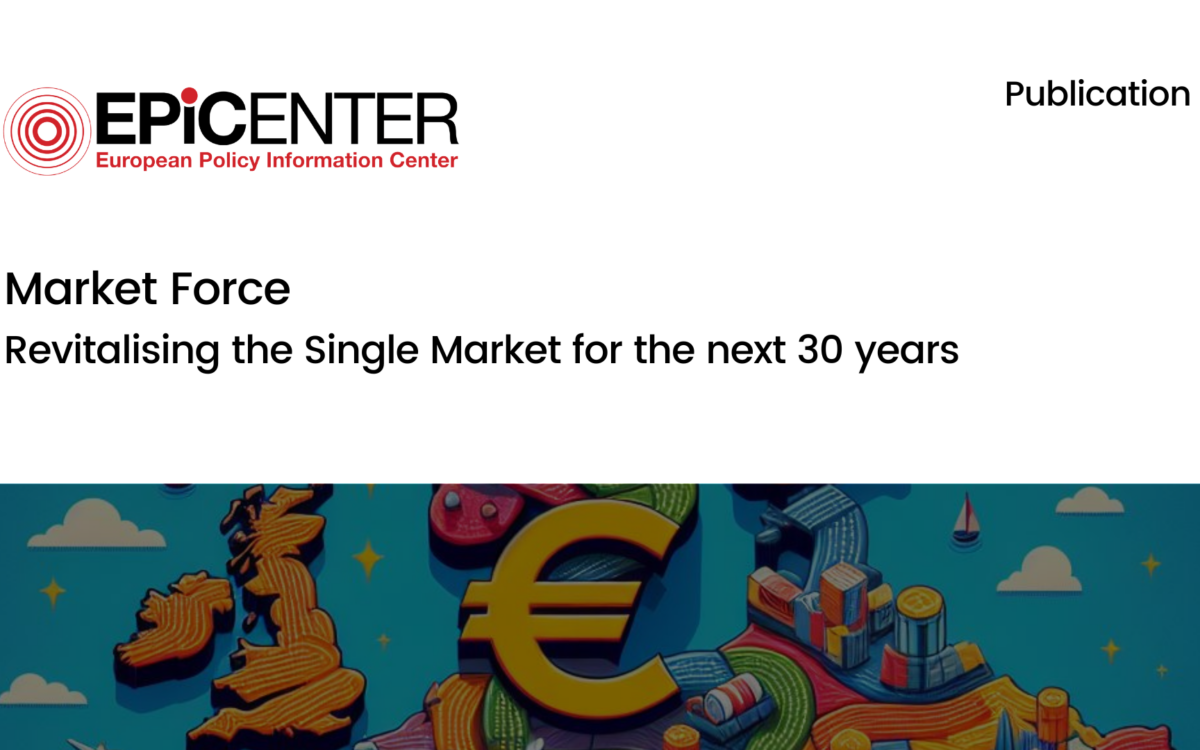Of Course Sin Taxes Are Regressive

Of Course Sin Taxes Are Regressive
25 July 2018
There should be no debate about whether taxes on food, alcohol, tobacco and soft drinks (‘sin taxes’) are regressive. It can be easily demonstrated empirically, and countless studies have done so. As with most indirect taxes, they take a greater share of income from the poor than from the rich in all plausible scenarios.
Sin taxes are regressive if we look at income groups and are even more regressive if we look at individual consumers. They are regressive in the short term and over the life-cycle. Alcohol taxes tend to be less regressive than tobacco and soft drink taxes as a result of high-income groups spending more money on alcoholic drinks, but they remain regressive in most countries.
Some advocates for sin taxes claim that they produce health benefits that are progressive, i.e. they disproportionately benefit the poor. Decades of high taxes on tobacco and alcohol in many different countries suggest that this is not true. Despite very high rates of duty, smoking is much more common among low-income groups in Britain and whilst alcohol consumption is lower among these groups, rates of alcohol-related harm are considerably higher.
Download or share this publication
View the PDF
EPICENTER publications and contributions from our member think tanks are designed to promote the discussion of economic issues and the role of markets in solving economic and social problems. As with all EPICENTER publications, the views expressed here are those of the author and not EPICENTER or its member think tanks (which have no corporate view).



